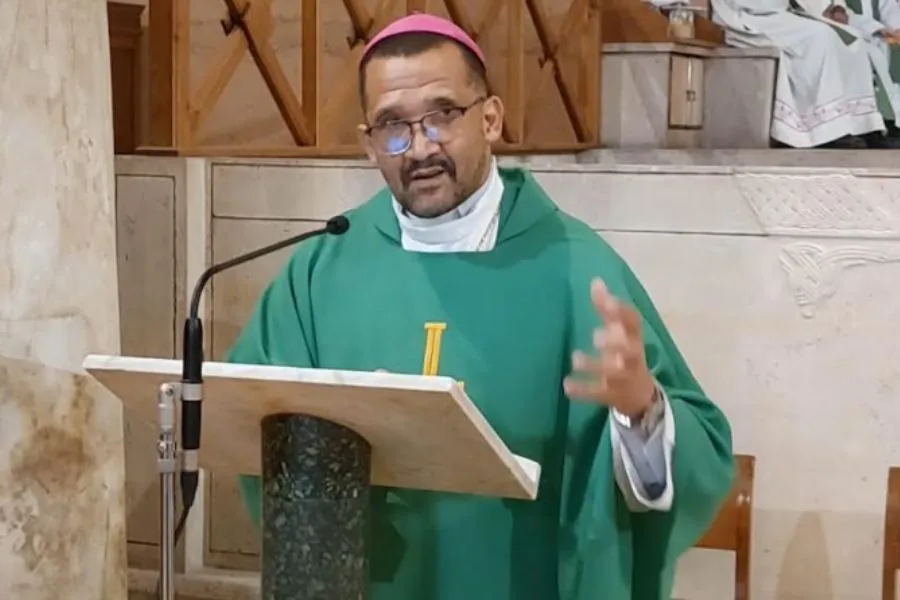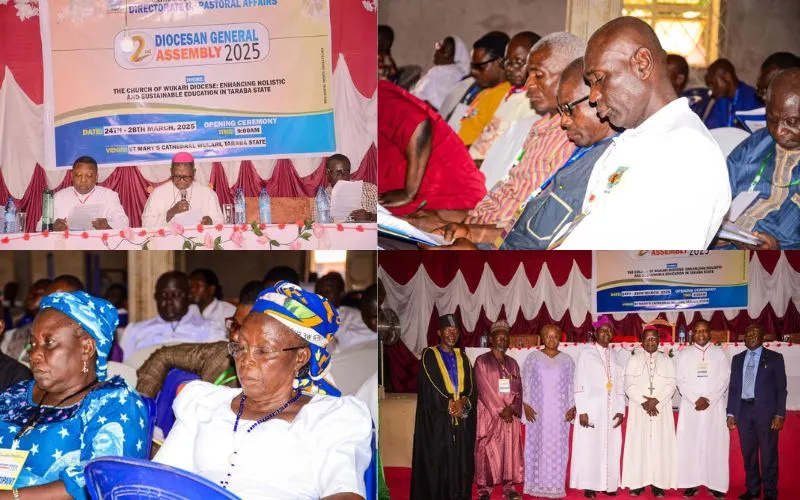Bishop Sipuka made the remarks at Stephen Cardinal Brislin’s inaugural Mass in Rome. Cardinal Stephen was one of those who were created Cardinals by Pope Francis during the September 30 Consistory in St. Peter’s Square.
“Providence has brought us to Rome just as the Synod is about to start,” Bishop Sipuka said, and added, “And so, let us pray for those religious leaders among us who say no to the synod will, like the son who later saw the wisdom of his father, and decided to go and work in the vineyard, that they too, those who are against it, may also know the wisdom of our present successor of Peter to lead the Church in a Synodal way.”
“We pray that those of us who are saying yes to the Synod may be different from the son who eagerly agreed to the father’s will and did nothing afterwards,” he said.
The SACBC President noted that those opposed to the Synod on Synodality fear that such discussions may change “the nature of the Church and its doctrine”.
He acknowledged the “tension” around the Synod on Synodality, saying, “A good part of this tension is due to an attitude that questions the value of talking to everybody through the synod when everything is clear about the Church and its teachings.”
“Why are we talking when we know what the Church is? What else do we need to hear when everything has been revealed and said except if we want to change the nature of the Church and its doctrine? So the cynicism about the synod goes,” the Bishop said.
He likened those opposed to the Synod on Synodality to Religious leaders in the Bible who he says were “infuriated” that “God was talking through unknown people like John the Baptist, the poor, the sinners and signs of the time.”
“The bitterness and infuriation that we hear about in relation to this Synod is due in no small measure among some of us religious leaders to the unacceptable presumption that there is still something more to learn about the Church. And for this reason, we have some religious leaders among us who are saying no to the Synod,” Bishop Sipuka said.
According to the Bishop of Mthatha, the Synod on Synodality is likely to lead the Church to “some renewal.”
“Much as we admit that we are not certain about where the Synod is leading, let us believe that Christ who promised never to allow gates of hell to prevail over the Church, with Peter, and under Peter, is leading His Church to some renewal,” he said.








